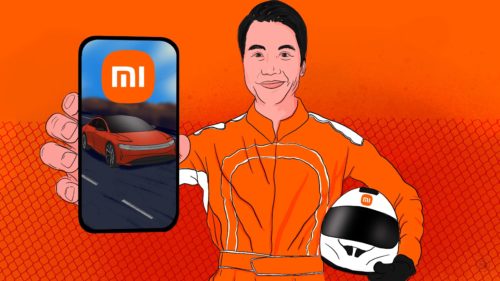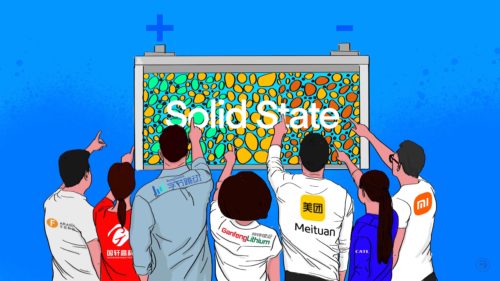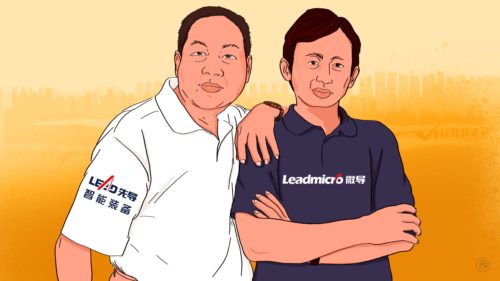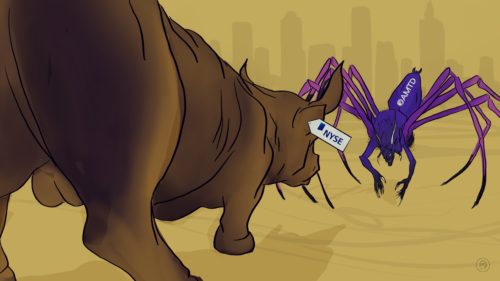IPOs and PPE: How China’s rich got a whole lot richer in 2020
2020 saw an extraordinary amount of wealth generated in China with stock market listings, rising share prices, and pandemic-related market opportunities creating scores of new millionaires and billionaires.

America’s rich may have got richer during this year of COVID-19, but China has seen some truly remarkable fortunes made. The year 2020 saw a surge in the total wealth of China’s richest, according to lists of rich people compiled by Forbes and Hurun Report.
“The world has never seen wealth created at this speed before,” said Rupert Hoogewerf, a.k.a. Hú Rùn 胡润, founder of Hurun Report.
- China’s 400 richest people now have a total wealth of $2.11 trillion, a 64% surge from last year’s $1.29 trillion, according to Forbes.
- By comparison, America’s 400 richest are now worth $3.2 trillion, a mere 8.2% increase in wealth compared to last year, per Forbes numbers.
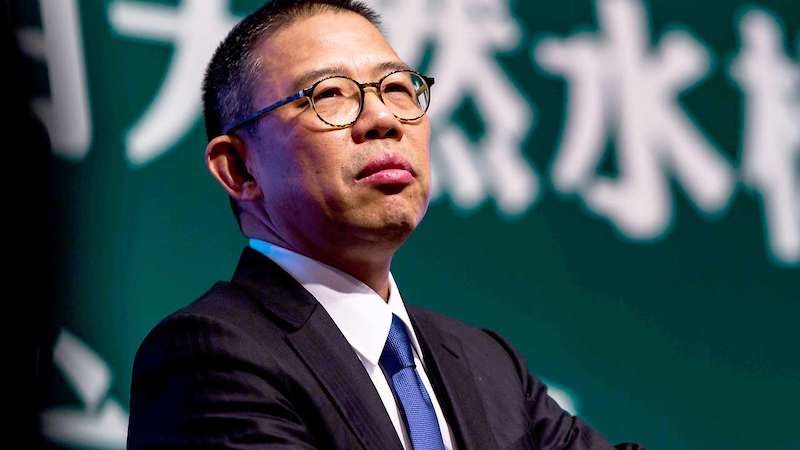
How did people make so much money in China?
IPOs and stock market jumps were big factors. The broader context includes the easing of capital-market rules, post-epidemic economic recovery, the fast booming digital and technology industries, and government encouragement of new financial initiatives such as Shanghai’s STAR market.
- “The first two months of the outbreak wiped out massive amounts of wealth, the second two months saw a V-shaped recovery, and since June the new economy, led by digital, has boomed to record heights,” said Hoogewerf.
- New IPOs were fueling the fortune growth. One spectacular example: After Nongfu, the bottled water brand, went public in Hong Kong this September, founder Zhōng Shǎnshǎn 钟睒睒 added $52 billion in wealth and jumped straight to the third place of China’s rich lists.
Thanks to the pandemic, the ecommerce and healthcare industries saw some of the strongest performers.
- Wáng Xìng 王兴, founder of the food delivery company Meituan, quadrupled his wealth to $25 billion and jumped from 52nd place in 2019 to the 13th in the Hurun list.
- A Chongqing-based vaccine producer Zhifei saw the wealth of its chairman Jiǎng Rénshēng 蒋仁生 almost triple after Chinese regulators approved clinical human trials of the company’s COVID-19 vaccine.
- Lǐ Jiànquán 李建全, the head of Winner Medical, a PPE and facemask maker that went public in Shenzhen this year, saw his wealth grow 11-fold to $5.6 billion, making him the fastest riser in 2020.
As China steps into the 5G era, handset brand Xiaomi is marching ahead while Huawei crumbles.
- 2020 saw significant expansion of 5G coverage in China, with over 50,000 new base stations being built this year, bringing new opportunities for technology companies led by smartphone makers.
- Léi Jūn 雷军, the founder of China’s second-largest smartphone manufacturer Xiaomi, saw his wealth more than double to $25 billion. Xiaomi’s market share expanded thanks partly to the growing 5G adoption and U.S. sanctions against Huawei.
- Huawei founder Rén Zhèngfēi 任正非 saw his wealth shrink down 10% to $2.8 billion, as the Chinese tech giant faces U.S. sanctions across the globe.
The auto industry is booming, led by electric vehicle and autonomous driving companies.
- EV startup Xpeng’s IPO in New York this summer helped its founder Hé Xiǎopéng 何小鹏 grow his wealth by 80% to a $6.6 billion fortune. Other EV and autonomous driving startups including Nio, Li Auto, and Pony.ai, also saw significant capital gains.
- Chinese power battery makers benefited from the serging demand of EV companies. Chinese biggest lithium battery producer CATL’s head Zéng Yùqún 曾毓群 tripled his wealth to $17.6 billion in 2020.
Real estate had a bad year. The pandemic made this year the first time since 1999 that no real estate developer in the Top 4, according to Hoogewerf.

